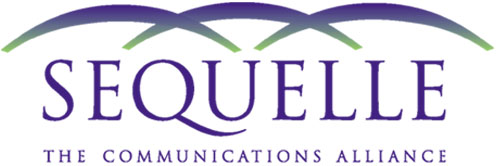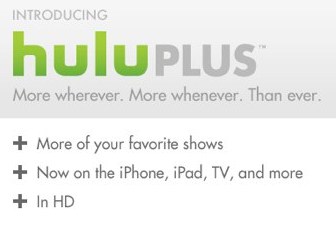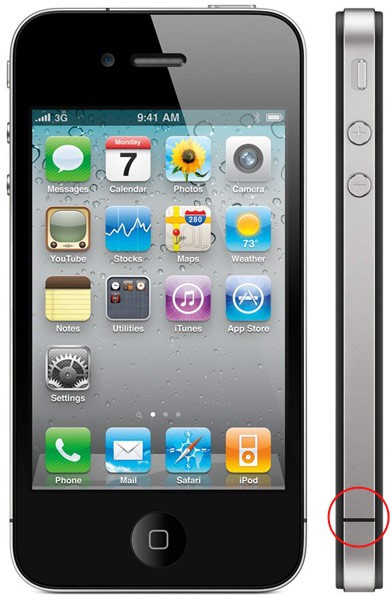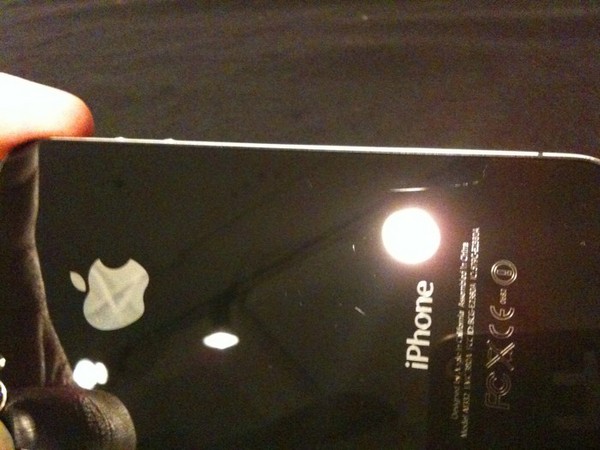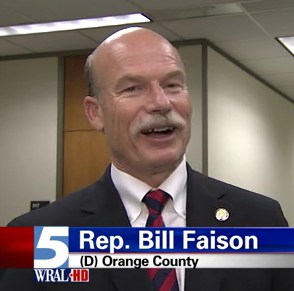The guilty pleas just keep on coming in a two-year old prosecution of a wireless broadband scheme that never delivered much service, but ripped off taxpayers to the tune of more than two million dollars. This week, the president of Mountain State College, who has been employed there for more than 35 years, owned up to hiding facts from prosecutors in his role as chairman of the board of the now-defunct Sequelle Communications Alliance, Inc.
Alan Michael McPeek of Parkersburg, 63, plead guilty Wednesday to obstruction of justice charges in federal court, admitting he misled a criminal investigation reviewing fraud allegations against the company.
Sequelle, a publicly funded project to establish wireless Internet service in the mid-Ohio Valley region, received a $3.295 million loan in 2002 from the U.S. Department of Agriculture, a $600,000 grant from West Virginia’s Development Office and another $400,000 in loans from the Mid-Ohio Valley Regional Council and a bank.
For that funding windfall, the mid-Ohio Valley got several towers ready for wireless antennas, a website that didn’t get updated much beyond the fall of 2000, some software to administer the project, and nothing else.
Instead, federal prosecutors charged some of Sequelle’s officers and several Ohio-based subcontractors of laundering loan and grant funds as seed money and salaries for a new for-profit venture designed to market an “Internet in a box” concept to other rural areas seeking wireless Internet service.
Prosecutors particularly focused on the USDA loan, which required the money “to be used solely for the project specifically described in the application to furnish or improve broadband services in rural areas … in the states of Ohio and West Virginia.”
Like many federal grants and loans, this one prohibited using the money to pay salaries, utilities, and basic office expenses. Prosecutors would later learn Sequelle’s principal founder and former CEO Heidi Ditchendorf Caroline Laughery laundered loan money through a sub-contractor who kicked back at least $250,000 she used as a salary. McPeek’s guilty plea came in part because he knew about it.
Another grant from Ohio was paid on the promise Sequelle would provide at least 45 high paying jobs within three years. That never happened.
Worst of all, many of the grant and loan applications asked whether any officer in the company had been convicted of a felony or was a defendant in any criminal case. Laughery answered no to both. Had government officials verified that information they would have discovered Laughery was previously convicted in 1987 on two counts of felony wire fraud — based on her embezzlement of more than $130,000 of customer funds and securities during her employment at Merrill Lynch.
Laughery didn’t want to bring up those bad memories, so she left her Merrill Lynch years off Sequelle’s website documenting her prior experience.
Prosecutors have been successful in bringing those responsible for this caper to justice:
- Laughery was sentenced in April to 18 months in prison and ordered to pay $850,000 in restitution.
- Sub-contractor R. Scott Truslow plead guilty to conspiring to commit money laundering and is now spending six months under home confinement and ordered to pay nearly $550,000 in restitution.
- Charges are still pending against a second sub-contractor.
McPeek faces up to five years in prison when sentenced in October. He was released on a $10,000 unsecured bond pending sentencing.
Laughery’s attorney, Michael Callaghan, claimed in 2008 that the project failed because technology marched ahead of the project.
“All the money that the government is alleging was stolen actually went into the development of Internet (infrastructure),” he told a West Virginia reporter. “My client worked for a year-and-a-half without pay because she believed in this project. The concept was great, but the technology developed faster than the project did. Technology moves fast. Technology businesses fail every day.”
Tapdancing your way around money laundering charges can move fast as well.
[flv]http://www.phillipdampier.com/video/WTAP Parkersburg McPeek Enters Plea in Sequelle Investigation 6-30-10.flv[/flv]
WTAP-TV Parkersburg has this report on McPeek’s plea. (1 minute)


 Subscribe
Subscribe